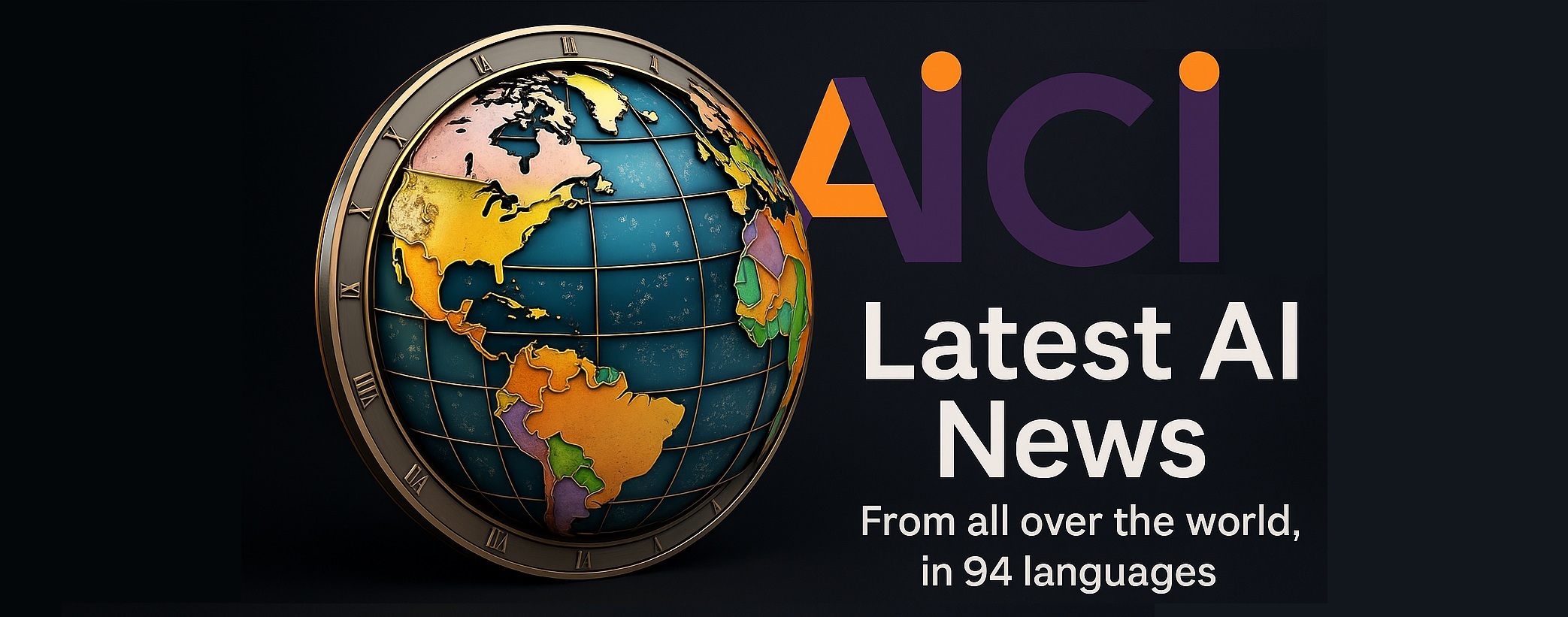August 10, 2025 - A global consortium comprising Google, Anthropic, and 12 leading universities has launched the Open Agent Protocol (OAP), a standardised framework enabling interoperability between diverse AI agents. This development, announced this morning, resolves critical fragmentation in the rapidly expanding agentic AI landscape where incompatible systems previously hindered complex multi-agent deployments. The protocol’s immediate adoption by financial services and healthcare providers signals its potential to accelerate real-world applications from automated clinical trials to dynamic supply chain optimisation.
OAP utilises a lightweight, JSON-based messaging layer with built-in security primitives that allow agents to negotiate tasks, share context, and resolve conflicts without centralised oversight. Its innovation lies in adaptive schema negotiation—agents dynamically agree on data formats during interactions, eliminating rigid pre-configuration. Professor Nando de Freitas, Director of AI Research at Google DeepMind, noted: 'This isn’t just plumbing; it’s the TCP/IP moment for agentic systems, where heterogeneous agents can finally collaborate like humans in a marketplace.' The technical specification was peer-reviewed through arXiv’s cs.LG repository yesterday, building on August 4’s multi-agent reinforcement learning breakthroughs.
The protocol emerges amid explosive growth in AI agent deployments, with Gartner predicting 75% of enterprises will use agent swarms by 2027. Its timing aligns with regulatory scrutiny on autonomous systems, as the OAP’s audit trails and consent mechanisms directly address EU and US proposals for agent accountability. This standardisation also catalyses open-source innovation—projects like AutoGPT can now integrate specialised agents without proprietary lock-in, potentially democratising access to complex automation previously limited to tech giants.
Our view: Standardisation is essential for agentic AI’s maturation, but we caution against premature ossification. The consortium must prioritise inclusive governance that incorporates smaller developers and civil society voices, ensuring the protocol evolves with emerging safety research rather than entrenching current power dynamics in the AI ecosystem.

beFirstComment